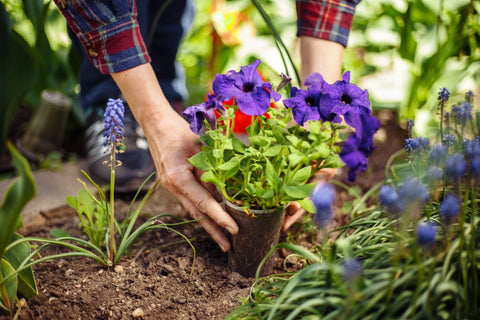3 products
-
Ruby Supreme Guava Fruit Tree, Psidium Guajava
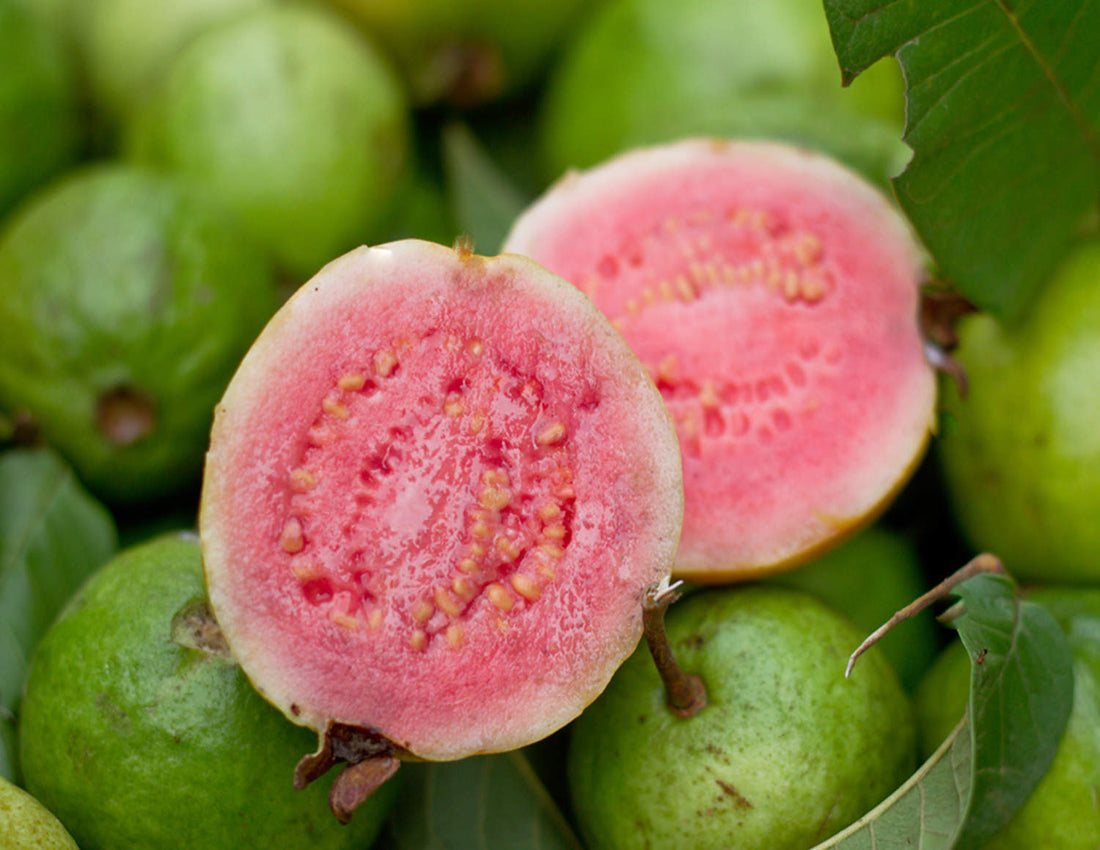
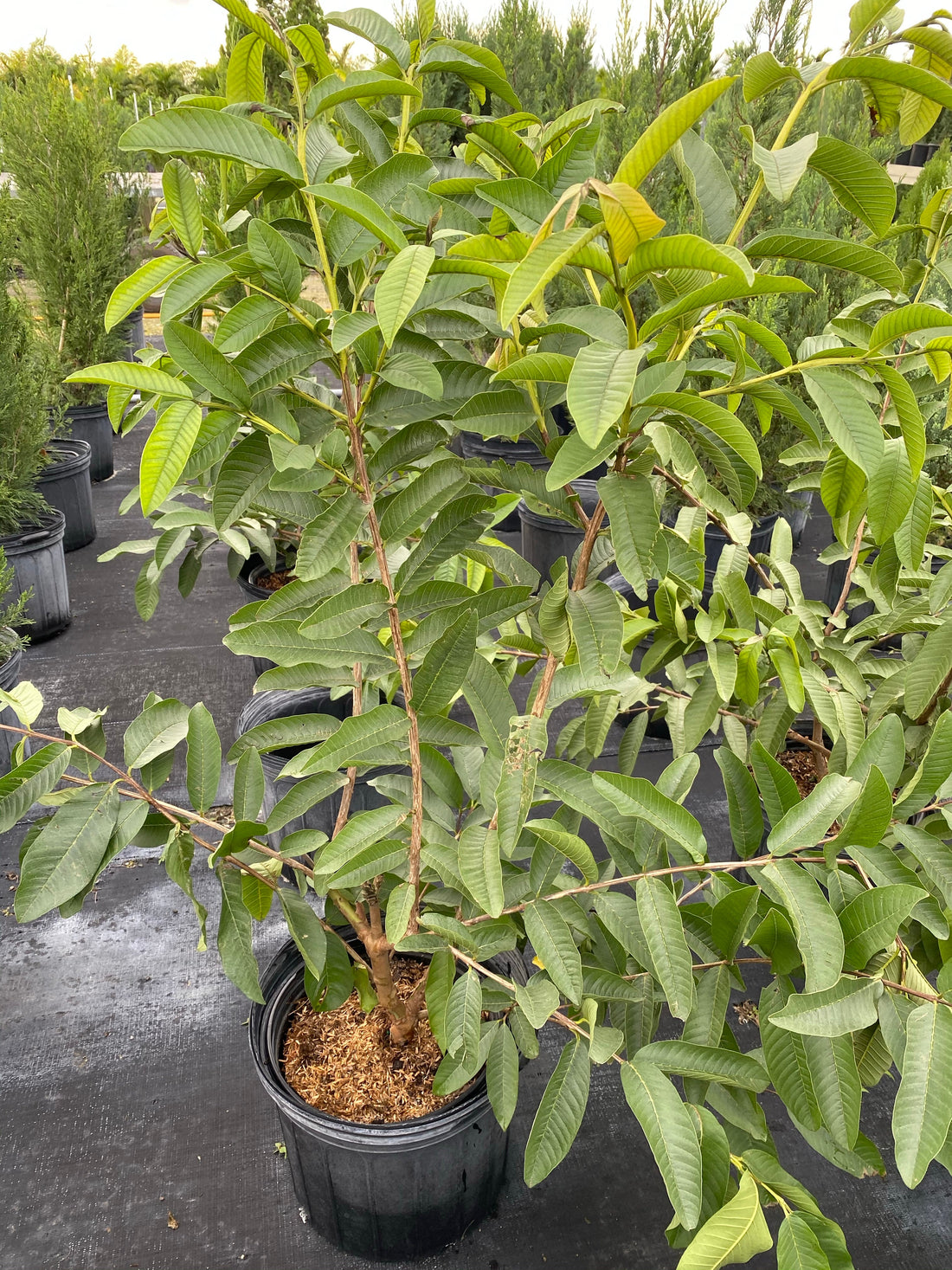 Ruby Supreme Guava Fruit Tree, Psidium GuajavaFruit Tree
Ruby Supreme Guava Fruit Tree, Psidium GuajavaFruit Tree- Regular price
-
$109.00 $445.00 - Regular price
-
$109.00 - Sale price
-
$109.00 $445.00
-
Thai White Guava Fruit Tree, Psidium Guajava
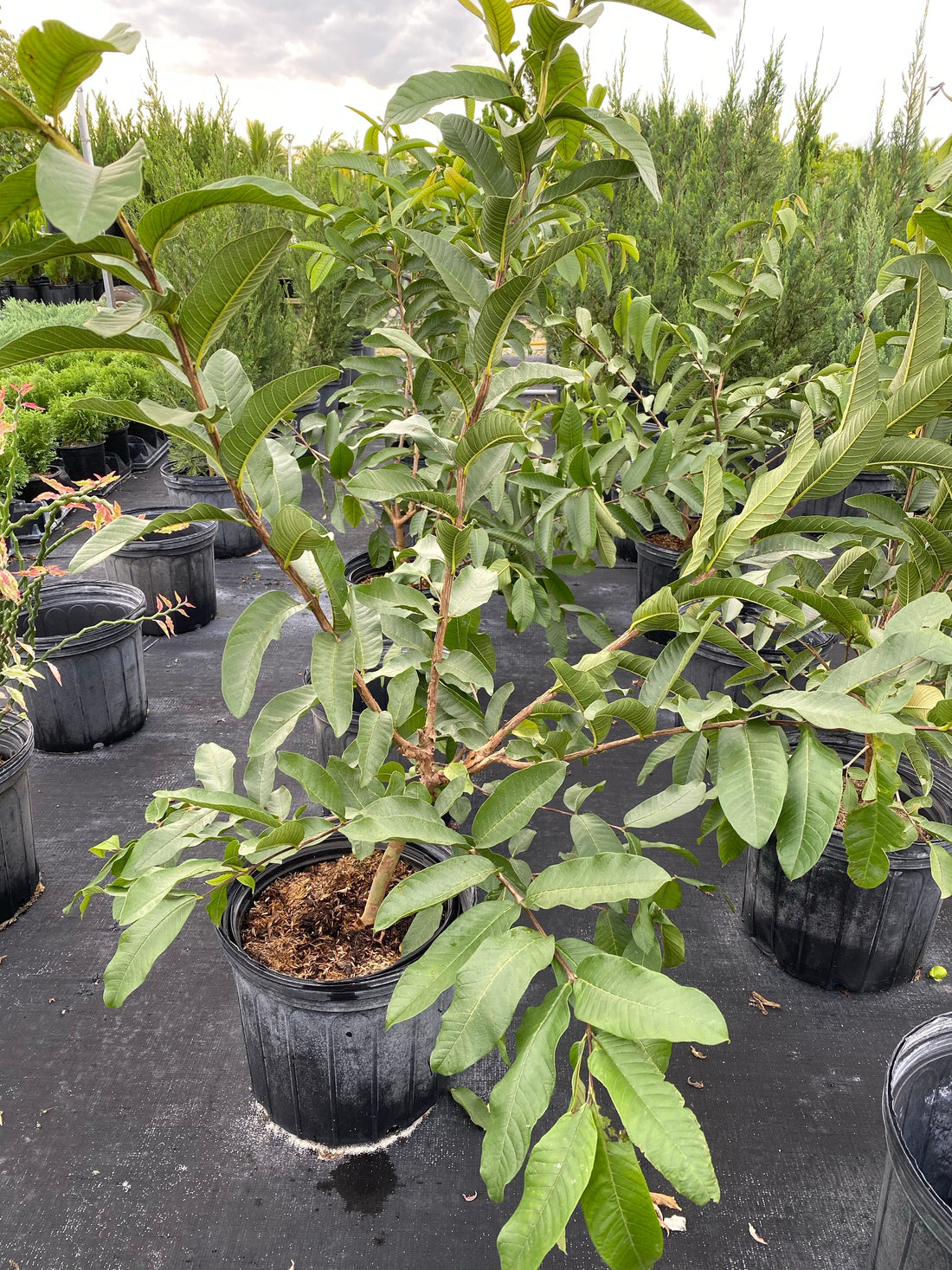 Thai White Guava Fruit Tree, Psidium GuajavaFruit Tree
Thai White Guava Fruit Tree, Psidium GuajavaFruit Tree- Regular price
-
From
$99.00 - Regular price
-
$109.00 - Sale price
-
From
$99.00
-
White Guava Fruit Tree, Psidium Guajava
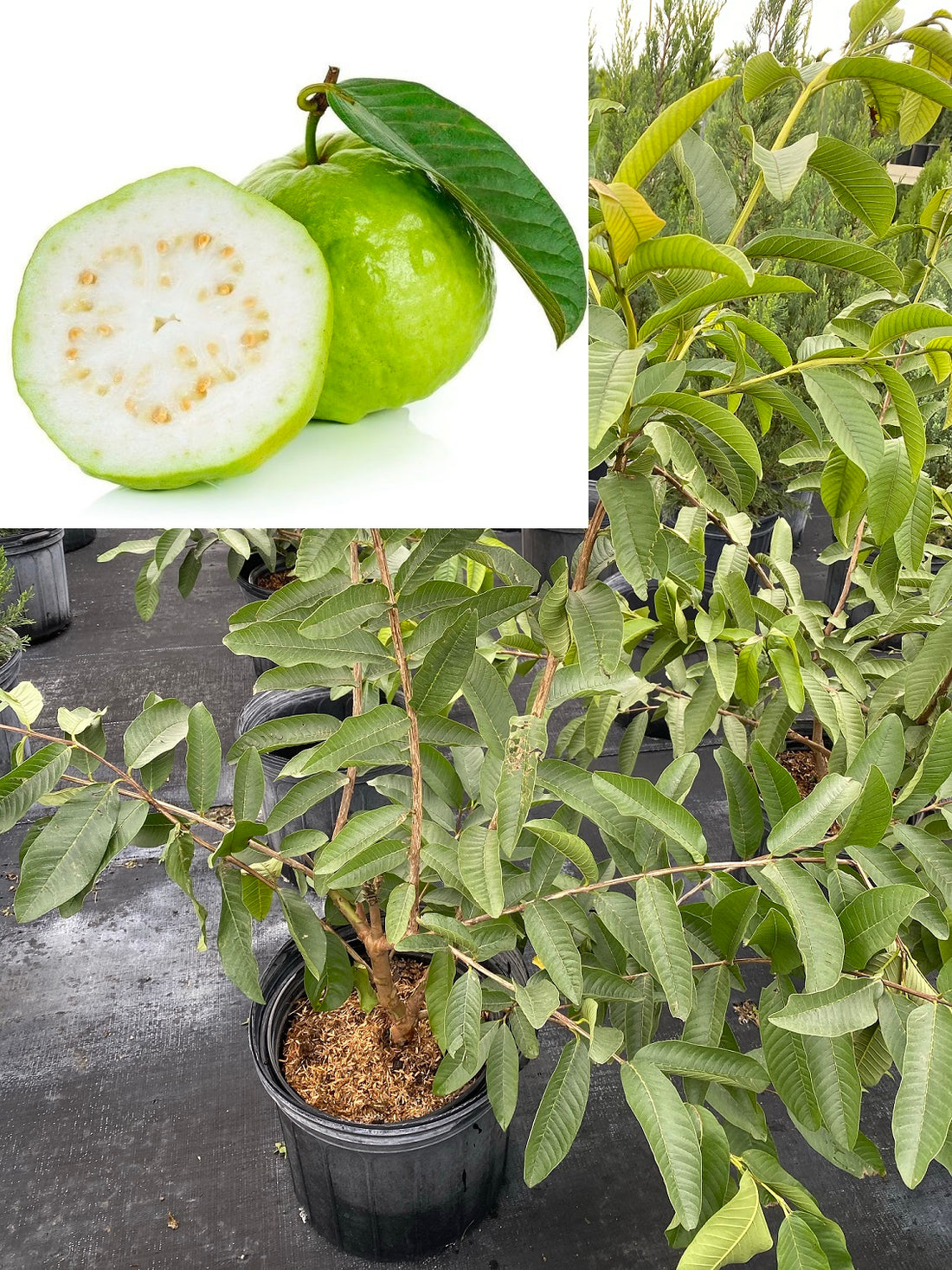
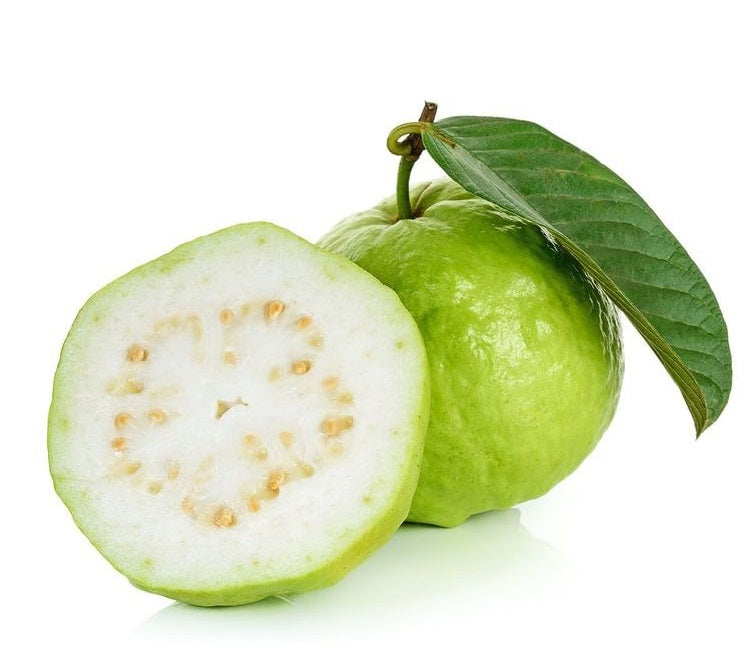 White Guava Fruit Tree, Psidium GuajavaFruit Tree
White Guava Fruit Tree, Psidium GuajavaFruit Tree- Regular price
-
$99.00 $375.00 - Regular price
-
$99.00 - Sale price
-
$99.00 $375.00
Description:
The guava fruit tree, scientifically known as Psidium guajava, is a tropical and subtropical evergreen tree that produces delicious and aromatic guava fruits. Here are some key facts about guava trees:
Origin and Distribution: Guava trees are native to Central America and are believed to have originated in Mexico. They are now cultivated in many tropical and subtropical regions around the world, including Asia, Africa, the Caribbean, and parts of North and South America.
Appearance: Guava trees vary in size depending on the variety and growing conditions. They can reach heights of 10 to 30 feet (3 to 9 meters) and have a rounded canopy with dense foliage. The leaves are oval-shaped, glossy, and usually dark green.
Fruit: Guavas are round or pear-shaped fruits with a thin skin that can be green, yellow, or maroon, depending on the variety and ripeness. The flesh is typically white, pink, or yellow, with a sweet and tangy flavor. Guava fruits are rich in seeds that are edible but often discarded.
Varieties: There are numerous guava varieties available, each with its own unique characteristics. Some popular varieties include Red Malaysian, Pineapple, Strawberry, and White Indian. Each variety differs in taste, fruit size, and color.
Cultivation: Guava trees thrive in warm climates and can tolerate a wide range of soil types. They prefer well-draining soil and full sun exposure. Guava trees are typically propagated through stem cuttings or grafting. They are relatively low-maintenance and can withstand dry periods.
Uses: Guava fruits are enjoyed fresh and have a delightful flavor. They are also used in various culinary preparations, including juices, smoothies, jams, jellies, desserts, and even savory dishes. Guava leaves are sometimes brewed into tea and are believed to have medicinal properties.
Guava trees are not only a source of delicious and nutritious fruits but also add beauty to tropical gardens and landscapes. With their unique flavor and versatility, guavas are a favorite fruit among many.
Origin and Distribution: Guava trees are native to Central America and are believed to have originated in Mexico. They are now cultivated in many tropical and subtropical regions around the world, including Asia, Africa, the Caribbean, and parts of North and South America.
Appearance: Guava trees vary in size depending on the variety and growing conditions. They can reach heights of 10 to 30 feet (3 to 9 meters) and have a rounded canopy with dense foliage. The leaves are oval-shaped, glossy, and usually dark green.
Fruit: Guavas are round or pear-shaped fruits with a thin skin that can be green, yellow, or maroon, depending on the variety and ripeness. The flesh is typically white, pink, or yellow, with a sweet and tangy flavor. Guava fruits are rich in seeds that are edible but often discarded.
Varieties: There are numerous guava varieties available, each with its own unique characteristics. Some popular varieties include Red Malaysian, Pineapple, Strawberry, and White Indian. Each variety differs in taste, fruit size, and color.
Cultivation: Guava trees thrive in warm climates and can tolerate a wide range of soil types. They prefer well-draining soil and full sun exposure. Guava trees are typically propagated through stem cuttings or grafting. They are relatively low-maintenance and can withstand dry periods.
Uses: Guava fruits are enjoyed fresh and have a delightful flavor. They are also used in various culinary preparations, including juices, smoothies, jams, jellies, desserts, and even savory dishes. Guava leaves are sometimes brewed into tea and are believed to have medicinal properties.
Guava trees are not only a source of delicious and nutritious fruits but also add beauty to tropical gardens and landscapes. With their unique flavor and versatility, guavas are a favorite fruit among many.


